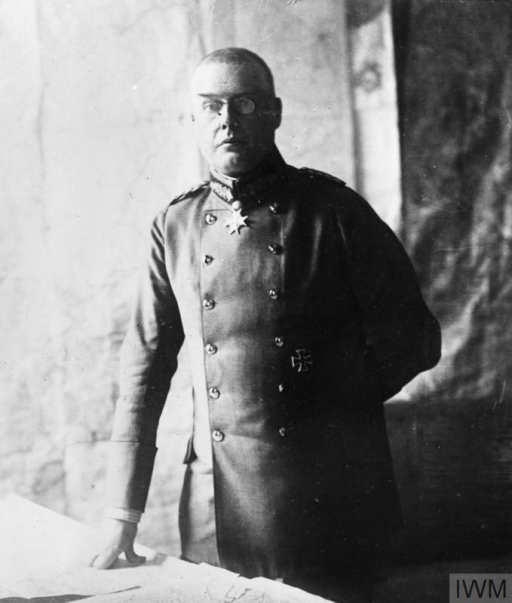The Central Powers began a rapid drive towards Russia on 18 February 1918, after the breakdown of peace talks with the new revolutionary government.
Foreign Commissar Leon Trotsky had withdrawn the Bolshevik delegation from negotiations at Brest-Litovsk, rejecting the territorial demands of Germany and its Allies as oppressive.
But it was also made clear that Soviet Russia wouldn’t resume hostilities. Other countries were encouraged to follow the Bolshevik example of demobilising their armies. In effect, Trotsky was gambling on revolution spreading to Russia’s enemies.
‘No Peace No War’
The Central Powers responded to this policy of ‘No Peace and No War’ with a new offensive. Meeting almost no resistance, they took advantage of Russian railways to advance 150 miles (240 kms) within a week.
“It is the most comical war I have ever known,” noted General Max Hoffmann, German Chief of Staff on the Eastern Front, and a veteran of the campaigns which drove Russian forces from East Prussia at the start of the First World War.
Minsk and Kiev were both entered during Operation Faustschlag, a three-pronged strike aimed at the Baltic lands, Ukraine, and the heart of European Russia.
Faced with the threat of a full-scale invasion, the Bolshevik leader Lenin called on his divided government to accept the Central Powers’ terms in the interests of saving the revolution.
The Treaty of Brest-Litovsk was duly signed on 3 March 1918, forcing Russia to give up territories, acquired under the Tsars, stretching from the Baltic to the Caucasus.
Source: Wikpedia/various
Images courtesy of Imperial War Museums © IWM (Q 24067)
Posted by: CN Editorial Team
